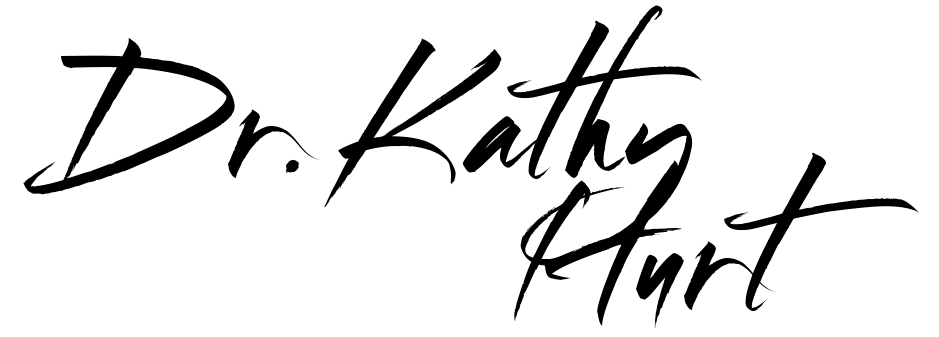These weeks in April usher in the major religious holidays of Passover and Easter, when the Jewish tradition marks its central experience of liberation from slavery and the ensuing journey to the Promised Land, and the Christian tradition marks its central experience of resurrection from death and the new life that becomes possible as death no longer is seen as an enemy.
For all the distinct elements in the respective holidays, one theme common to both involves the struggle humans have whenever change is set before us. The Egyptian Pharaoh found the change he would confront if he freed his Hebrew slaves to be too much to bear, so he dug in and brought much suffering down on himself and his people until he finally agreed to Moses’ demand for freedom. Even then, the Pharaoh made one last effort to stop the change by retrieving his slaves as they stood on the shore of the Red Sea. The Hebrews crossed to safety; the Egyptians perished. The established religious and political authorities agreed that Jesus and the change he invited with his teachings about living humbly and caring for the poor and the outcast posed too much of a threat to the way things had always been, so they conspired to find Jesus guilty of crimes deserving execution.
We humans seem to be willing to do whatever it takes to keep our established order in place, even when that order is painful and a change would clearly be in our best interest. The current political discussion about a border wall provides an obvious symbol of our fear of change and the efforts we keep making to keep out elements—in this case, immigrants—that will most definitely usher in changes to our lifestyles. Yet alongside our resistance to change comes our ongoing fascination with the possibility of change, fueling new diet and exercise programs, new spiritual teachers and their methods, new technologies and what those technologies will allow us to do that we cannot do at present. So we look at change in ways that alternately fight against it and embrace it.
Because change invariably brings some sort of loss as something moves aside to make way for what is new, and because change almost never can be fully predictable in how it unfolds and how our lives will be in the wake of a change, we will likely never have an easy time with it. Even the Hebrew people, after escaping Egypt, frequently complained to Moses that they would have preferred remaining slaves to spending the next 40 years wandering in an inhospitable wilderness. Even the followers of Jesus soon found themselves preoccupied with political infighting as they began to set up the first Christian communities, infighting that continues in churches of all kinds to this day.
Perhaps the best we can manage, given how hard change is for us, might be baby steps, letting in small differences just a bit at a time. With those modest openings, the forces already in play, mysterious energies already drawing us towards more life and greater love, can do some of the hard work of helping us change.
